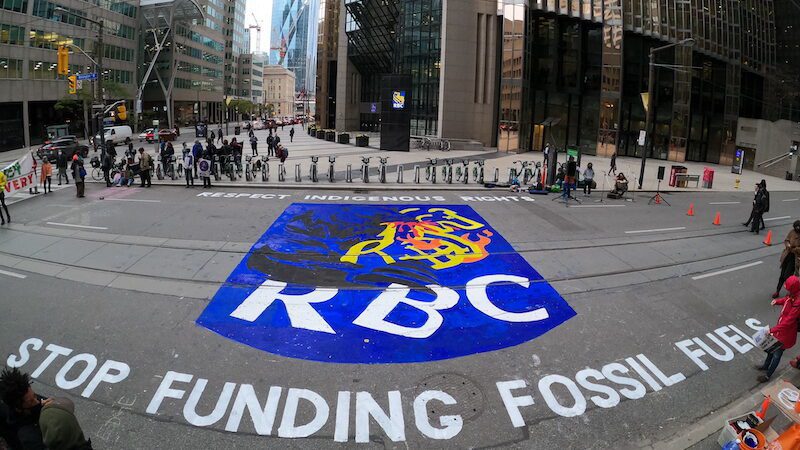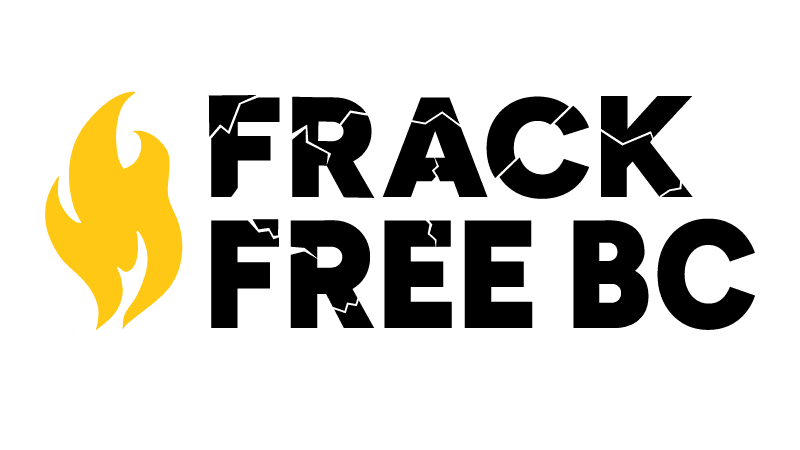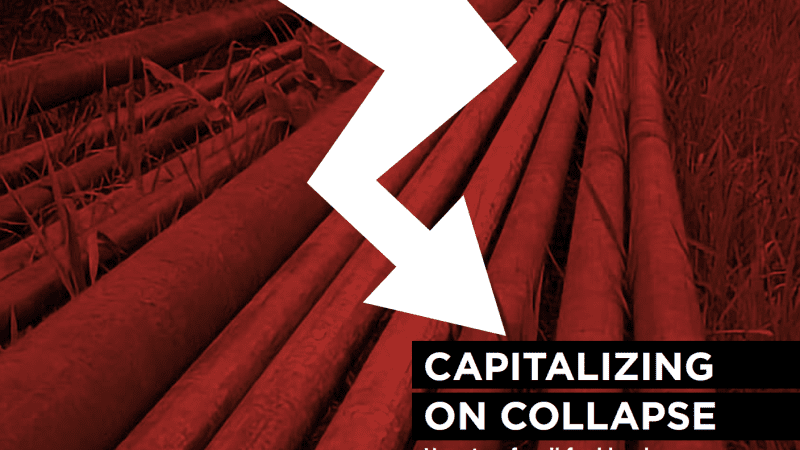REPORT: New analysis exposes cruise tourism benefits as overinflated myth
April 6, 2022
Unceded Coast Salish Territories (VANCOUVER, BC) — By any statistical measure, the economic benefits of non-cruise tourism in Victoria, British Columbia, dwarf the impacts of cruise-related tourism.
This is according to findings from an independent report released today, commissioned by Stand.earth. These staggering findings are based on 2019 data (pre-COVID). Some of the key highlights include:
- Cruise tourism spending totaled CA$ 137.1 million while non-cruise tourism spent nearly CA$ 3 billion (CA$ 2.936,7 billion) or over 20 times more.
- Cruise tourism in Victoria constituted nearly 12 percent of total number of visitors, but cruise related tourists were responsible for less than 2 percent of tourism spending in the region.
- Non-cruise tourism created nearly 31 times more jobs (37,411 vs. 1210) than cruise operations In Greater Victoria.
- Non-cruise tourism in Greater Victoria is responsible for generating nearly 20 times more in government taxes than cruise tourism.
As COVID-related restrictions are in the process of loosening up and the cruise sector is expected to pick up again, the limited economic impacts of this industry are important to consider, especially when up against the pollution brought on by the shipping industry.
“The cruise industry likes to present itself as an economic driver behind Victoria’s tourism industry, but this report exposes this as a myth,” said Anna Barford, Canada Shipping Campaigner with Stand.earth. “While the cruise industry only contributes a small fraction of the economic benefits from the tourism sector, it has an outsized pollution footprint. Meanwhile, cruise ships were operating under lax federal oversight, treating B.C.’s coastlines like their personal toilet bowl. In short, Victoria residents are paying the price of increased health risks and ocean pollution from cruise emissions for very little economic gain.”
Transport Canada is beginning to acknowledge the problem of cruise ship dumping, an issue neighbours in the US have led in addressing for over a decade. On Monday, the federal government announced that it is bringing in voluntary strengthened measures on greywater and sewage pollution, a welcomed first step for better protecting Canada’s oceans. These new measures are worth celebrating, provided they actually become enforceable regulations that include other toxic waste streams.
“More than 50,000 Stand Community Members have called on Transport Canada to stop dumping, and Transport is finally taking an initial step to address this massive pollution problem,” said Barford. “The federal government now needs to step up and adopt mandatory regulations.”
In addition to focusing efforts on rebuilding Victoria’s high value overnight tourism industry, the report also recommends that the city continue regularly assessing and comparing the economic costs and benefits of Victoria’s cruise and visitor sectors; ensure the cruise industry pays its fair share in taxes and fees and is more transparent in its financial arrangements with the Greater Victoria Harbour Authority and local businesses; mitigate negative impacts on the quality of life of Victoria residents, particularly in the James Bay neighbourhood; and halt Victoria’s acceptance of international waste from cruise ships and the dumping of vessel waste in B.C. waters.
Reinvigorating the cruise ship industry post-COVID without including updated and strengthened mandatory regulations that protect our coastlines from cruise ship pollution would be indefensible. Stand.earth is calling on Canada’s federal government to support cities like Victoria by instituting an ambitious cruise ship pollution oversight program.
The executive summary can be found here.
Read the full report here.
###
Media contact:
Ziona Eyob, Media Director – Canada, canadamedia@stand.earth, +1 604 757 7279 (Pacific Time)



